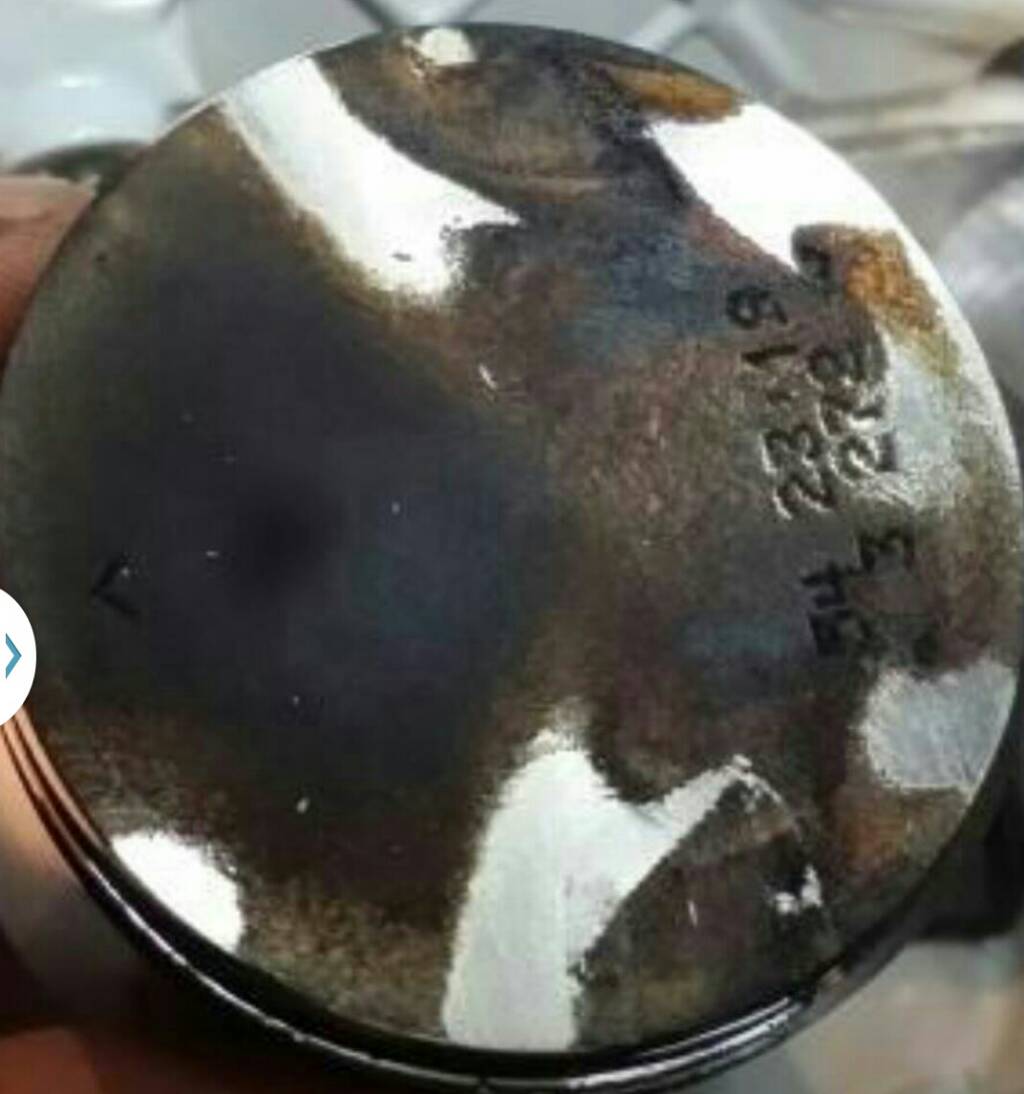cuttinties
ArboristSite Guru
This is what I look for. I concern myself with scavenging and proper tune more so than a little bit of carbon. A little bit of carbon coating in the exhaust port works as a insulator. A polished surface doesn't heat as fast, but it will hold heat longer. So for me I don't mind a little bit of a coating. The redundancy of this thread is insane.Im not following where we r suppose to think the piston is suppose to be perfectly clean on top without some depoists? Like I mentioned before the only way would be to use so much oil that it washes the depoists out but then u r getting tons of unburned fuel and oil out the muffler? Wouldnt it make more sense if u were getting a complete efficient burn from your fuel and oil at the right performance level that some depoists would have to eventually form on top of the piston?






